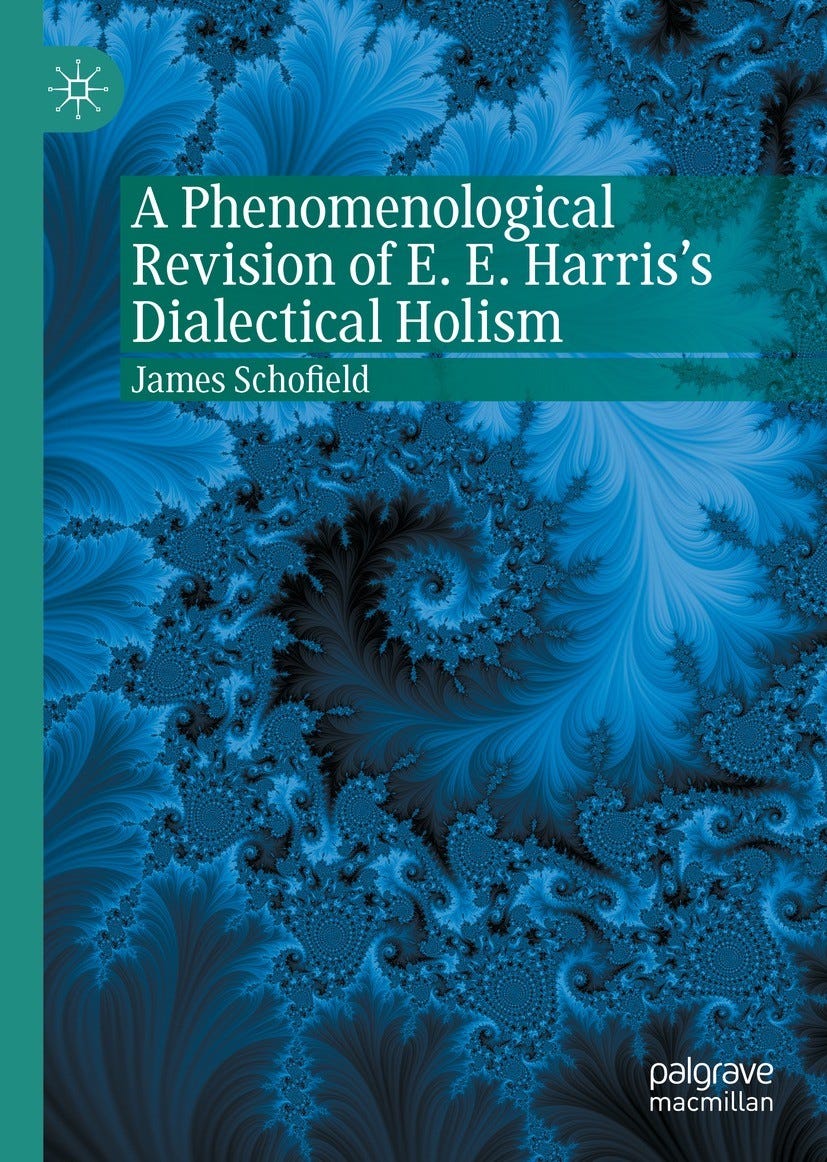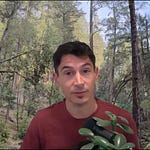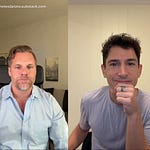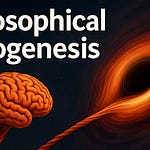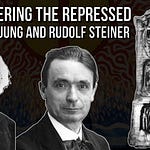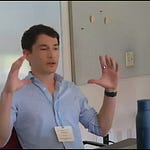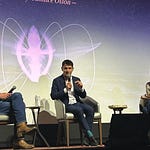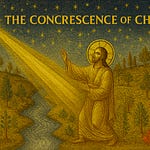In the conversation, Matt Segall and James Schofield engage in a detailed discussion about process philosophy, with a focus on their respective backgrounds, interests, and scholarly work. James begins by introducing his academic journey, highlighting his studies in anthropology, consciousness, and philosophy, which led to his book.
He shares his dissatisfaction with traditional anthropology and psychology, which propelled him towards a deeper exploration of the metaphysics of science and phenomenology.
Matt expresses his interest in James' work and draws parallels to his own academic trajectory, noting his early fascination with consciousness and cognitive science. They delve into the nuances of phenomenology, discussing the role of tools and technology in shaping cognition, and the need for integrating phenomenology with scientific practices. James critiques the resistance of some phenomenologists to extend their analysis to include scientific methodologies and metaphysical practices, emphasizing the importance of recognizing the internal relations between phenomena and the tools we use to study them.
They explore the concept of unifying principles and the notion of self-differentiation within the context of metaphysical and phenomenological frameworks. Matt introduces Whitehead's philosophy, discussing the idea of actual occasions, concrescence, and the ingression of eternal objects. James challenges some aspects of Whitehead's metaphysics, particularly the need for appealing to eternal objects and creativity in explaining processes in nature.
Their dialogue highlights the interplay between different philosophical traditions, with references to Hegel, Bohm, and Whitehead, and their respective approaches to understanding consciousness, nature, and metaphysics. They emphasize the importance of synthesis, the role of metaphysics in addressing the limitations of scientific abstraction, and the need for a pragmatic, experiential approach to philosophy.
Towards the end, they discuss the state of academic philosophy and the potential for philosophical inquiry outside traditional university settings, noting the rise of autodidactic philosophical education and online communities. James mentions his involvement with academic contracting and support services for graduate students, reflecting on the evolving landscape of academic mentorship and the opportunities for philosophical engagement beyond academia (learn more about this).
See also James’ article “Towards a Phenomenological Ontology” (2022).
Watch the video of this conversation:



